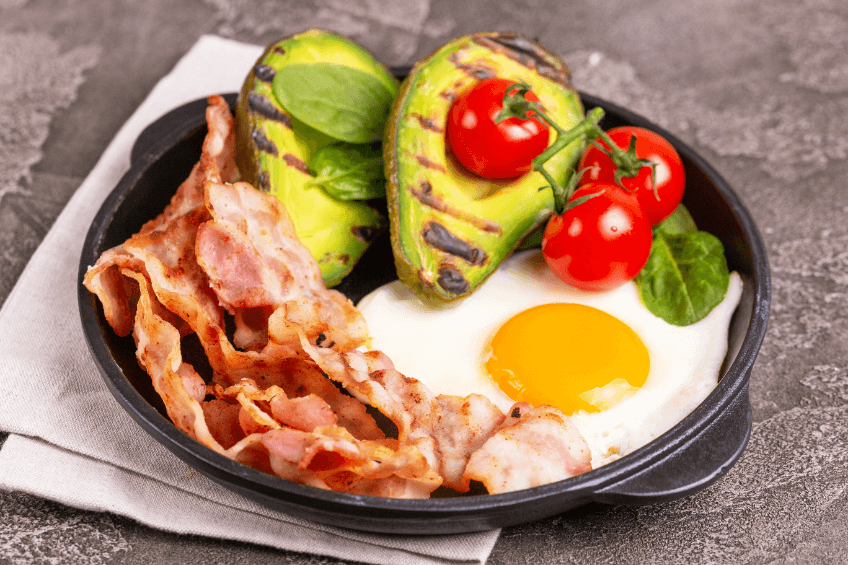
One of the hardest parts of losing weight and taking control of your health is figuring out WHAT. THE HECK. TO DO.
For every piece of nutrition advice out there, you can find “studies” and “experts” who support doing the total opposite; or at the very least, they diminish the value of the original advice.
Even essentials like water and sleep have been crucified by some experts. An author of a popular book about mornings more or less says that we only think we need more than four hours of sleep a night because we believe it (not because it’s scientifically true).
(Sidebar: If someone tells you things like that, but isn’t 100% healthy in every single way, be careful about believing them.)
Another expert – a keto diet expert I really like – insists that your body doesn’t need as much hydration as you might think, and doesn’t buy that your body doesn’t know the difference between hunger and thirst.
(Sidebar: Next time you’re “hungry,” drink at least 16 ounces of water and give it 15 minutes. See if you’re still hungry. You might be, but you might not be.)
Recently I came across an “expert” whipping up the outdated “science” that ALL fat is bad.
In his case, he was labeling fat as “bad” because it’s hard on your liver for your blood to have too much fat in it.
The thing is, we’ve had people live the Code Red Lifestyle™ who began with a fatty liver, but their fatty liver reversed itself after doing Code Red for a few months. This is according to blood tests at their doctor’s office.
If eating a high-fat diet the RIGHT way was gonna be hard on your liver, why would fatty liver reverse? That doesn’t make sense.
To be clear, it IS important to eat a high-fat diet the right way. Eating fat with sugar (not necessarily the sugar in fruits and veggies, but sugar in desserts, baked goods, and processed food) tastes great, yes, but it’s SO bad for your health.
If you’re gonna do a high-fat diet, don’t start eating fatty cuts of meat while also gorging on bread and desserts, or you’re gonna have a serious problem – if not now, then down the road. A high-fat diet is high in fat, eliminates sugar (except the natural sugar in some veggies, and low-sugar fruits), and doesn’t involve foods that turn to sugar once you start digesting them, like grains and high-carb foods.
Instead, eat a clean, high-fat diet like we do on Code Red, and understand that no, ALL fat is not bad for you. Fat performs several vital bodily functions. It’s not healthy to never eat fat!
Trans fats are terrible for sure, and so are inflammatory seed and vegetable oils, but the natural fats found in avocado, nuts, olives, wild-caught fish, eggs, and meat is not “all bad for you.”
Also make sure you drink plenty of water. Whether or not a high-fat diet is for you, water helps your liver do its job (which is to protect you from ingested toxins, among other things).
I know there’s a lot of confusing nutrition information out there, and it’s hard to know what to believe.
My suggestion is to find what works for you, and do it consistently. Be your own guinea pig.
Code Red has worked for hundreds of thousands of people, so if you’d like to see if it’s right for you, too, scroll down and click the link to create your free Code Red network account. Look around, try out a program like the 10 Pound Takedown, and see what you think.
You don’t need shakes, diet pills, diet foods, or exercise to lose all your weight with Code Red. It’s real food, water, sleep, and a few simple rules. Check it out for yourself, see what happens, and decide what’s right for you.
Have you created your free Code Red Lifestyle™ network account yet? If not, here’s how to get your account!
1) On your computer, create your account at www.CodeRedLifestyle.com/App.
2) If you want the network on a mobile device, go to the App Store or Google Play Store and search for Code Red Lifestyle.
